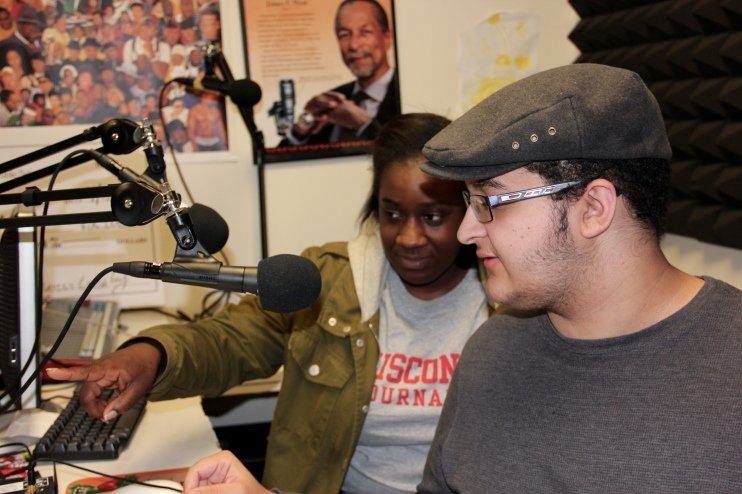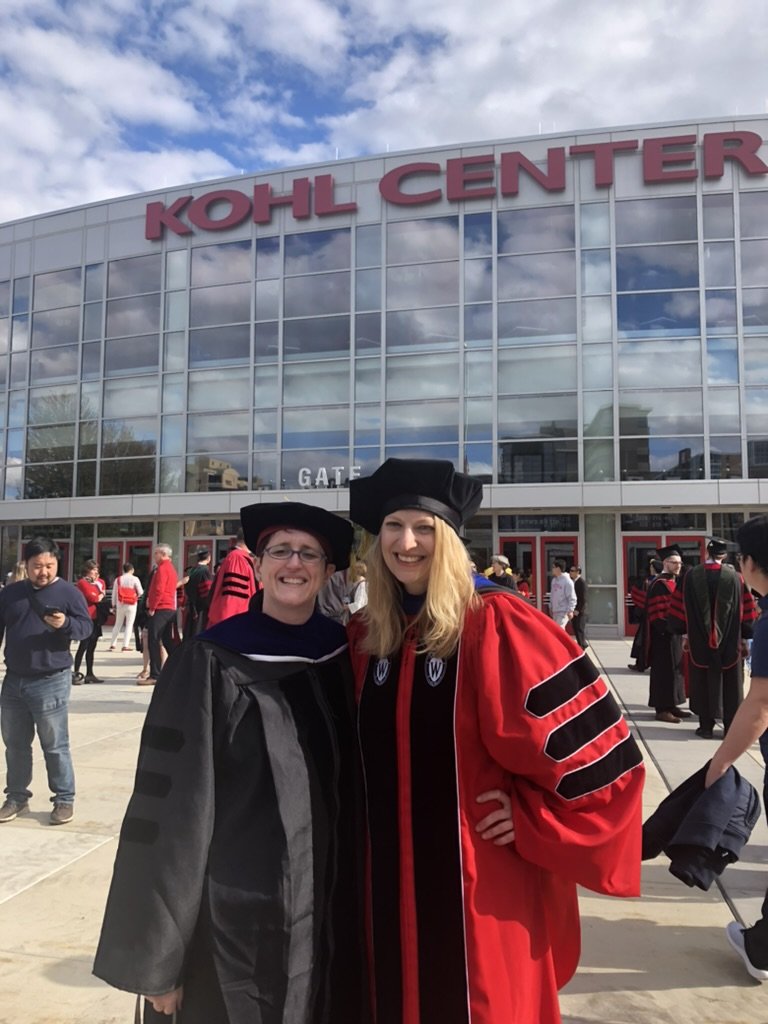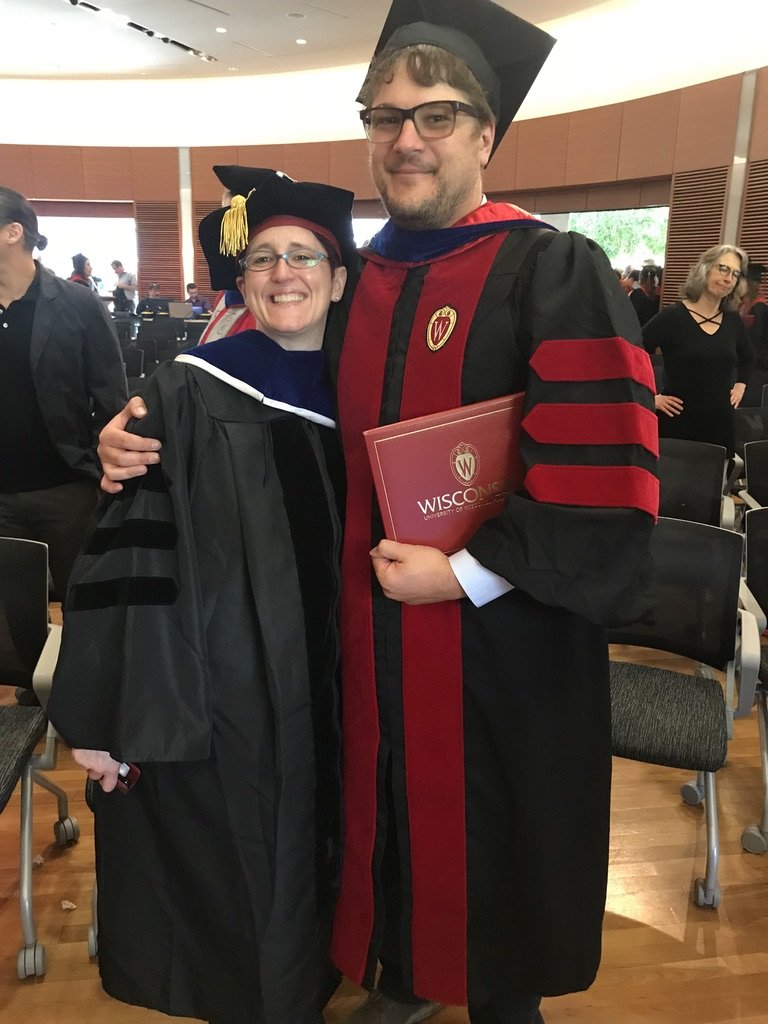Teaching
Courses Taught
Reporting Skills Classes — These skills classes teach students the basics of reporting (Intermediate Reporting), narrative-based reporting and writing (Creative NonFiction), and long-form issues-based reporting (InDepth Journalism).
Literary Journalism – This undergraduate-level course is primarily a reading-intensive class to learn the genres of literary journalism, or non-fiction narrative. Students follow the trajectory of this kind of writing through time.
Integrated Media Storytelling – Meant for advanced journalism students, this class guides students in producing stories on an array of digital platforms, including video, photos, podcasts, timelines, maps, and websites.
Practicing Community-Based Communication: This Community-Based Learning Course (CBL) sends advanced journalism students out into the community to work with youth at non-profit centers to train them in storytelling skills.
Journalism Studies Theory Seminar – This doctoral-level seminar introduces students to the classic theories informing the research and study of journalism.
Qualitative Research Methods – This doctoral-level course teaches graduate students the philosophy and application of qualitative methods. Students conduct hands-on studies of textual analysis, interviewing, ethnography, historical archive work, and grounded theory. They also train in IRB protocol.
Advising & Mentoring
Madison Commons: Sue Robinson as publisher of the Madison Commons hyperlocal news sites mentors the editorial intern and other students interested in developing community-based kinds of journalistic collaborations.
The UW Odyssey Project: Sue Robinson volunteers with this program for nontraditional students getting their degrees later in life and struggling with financial resources.
Qualitative Research Group – Sue Robinson joins other qualitative-oriented faculty at the School to lead a research group around issues having to do with qualitative studies.
The Undergraduate Research Scholars Program — Most semesters Robinson accepts and trains a first- or second-year student with her research team





